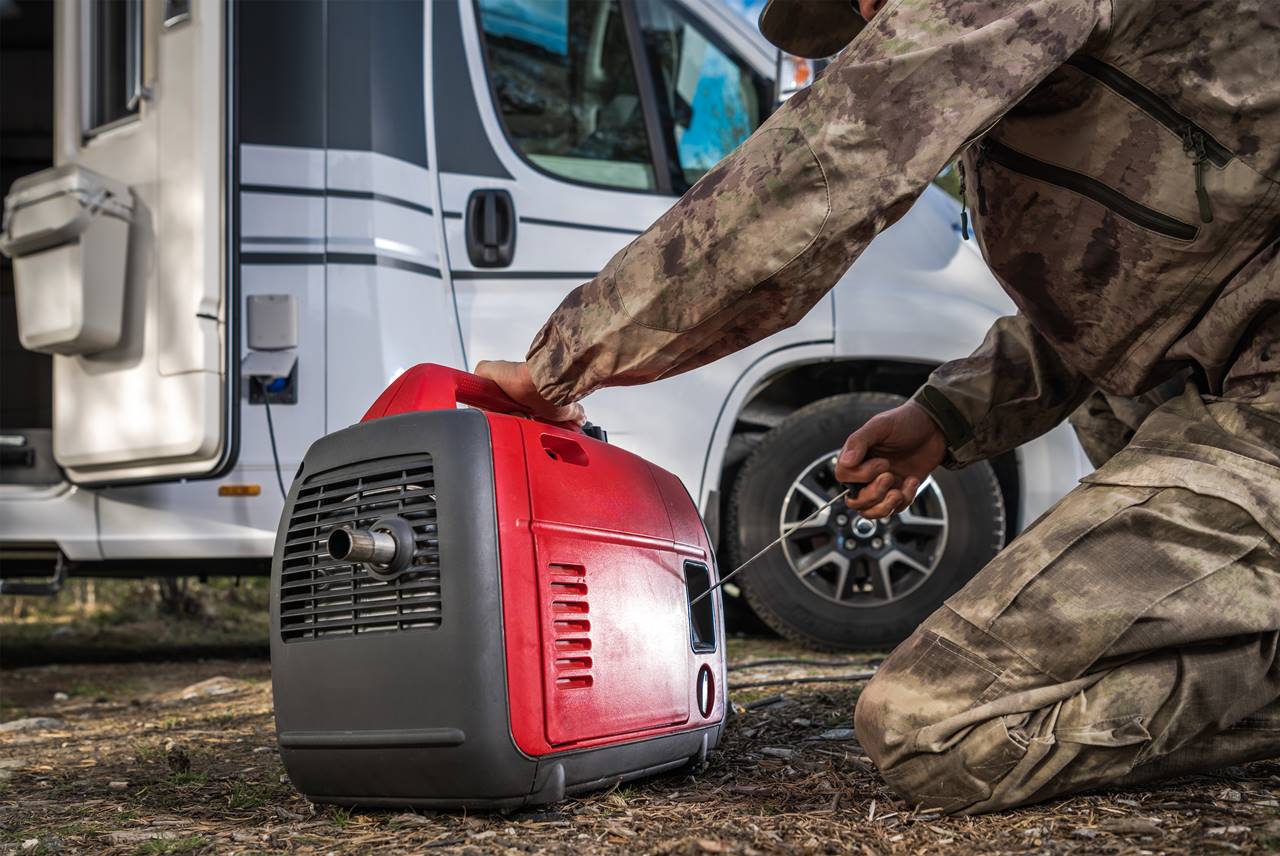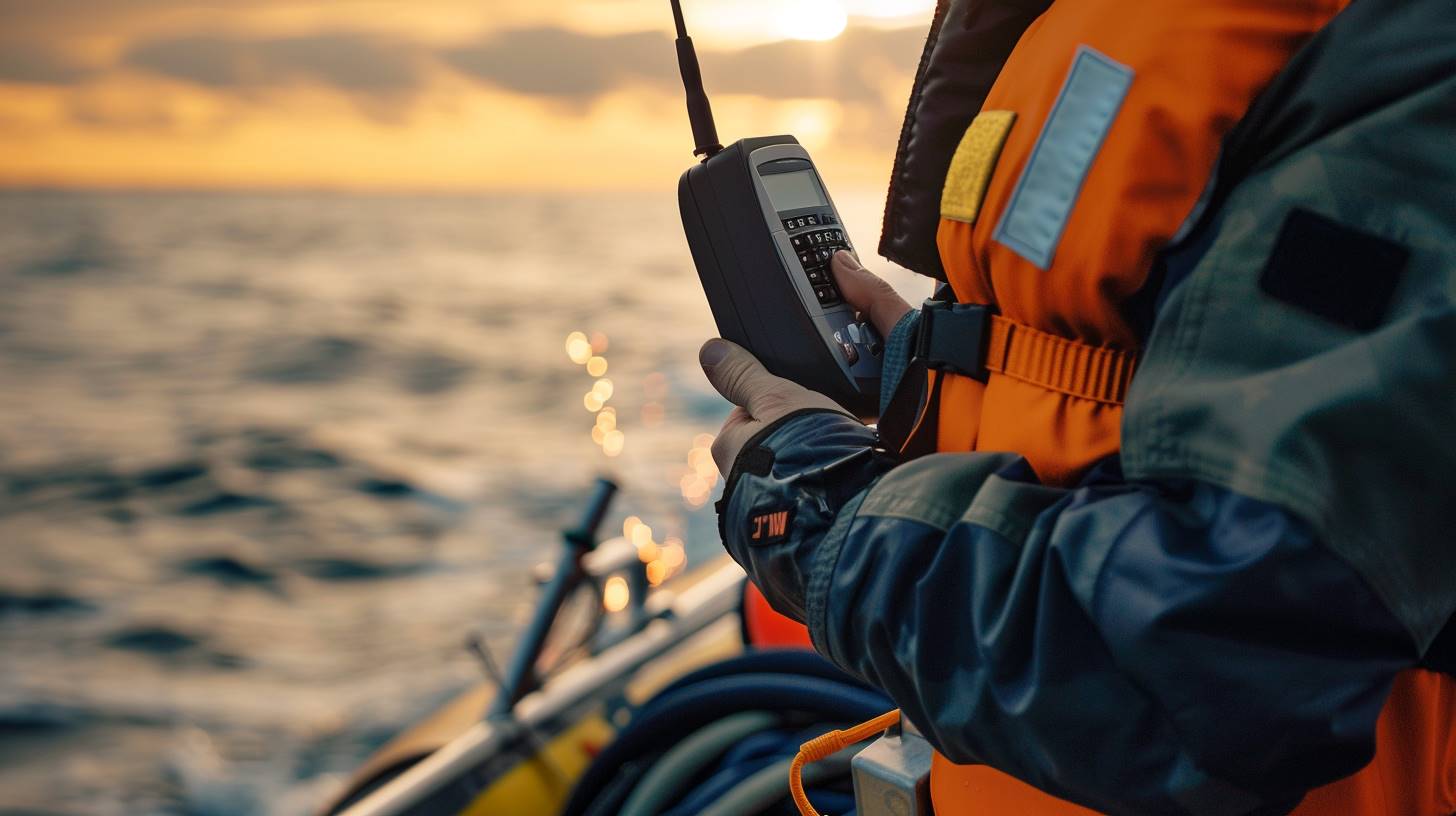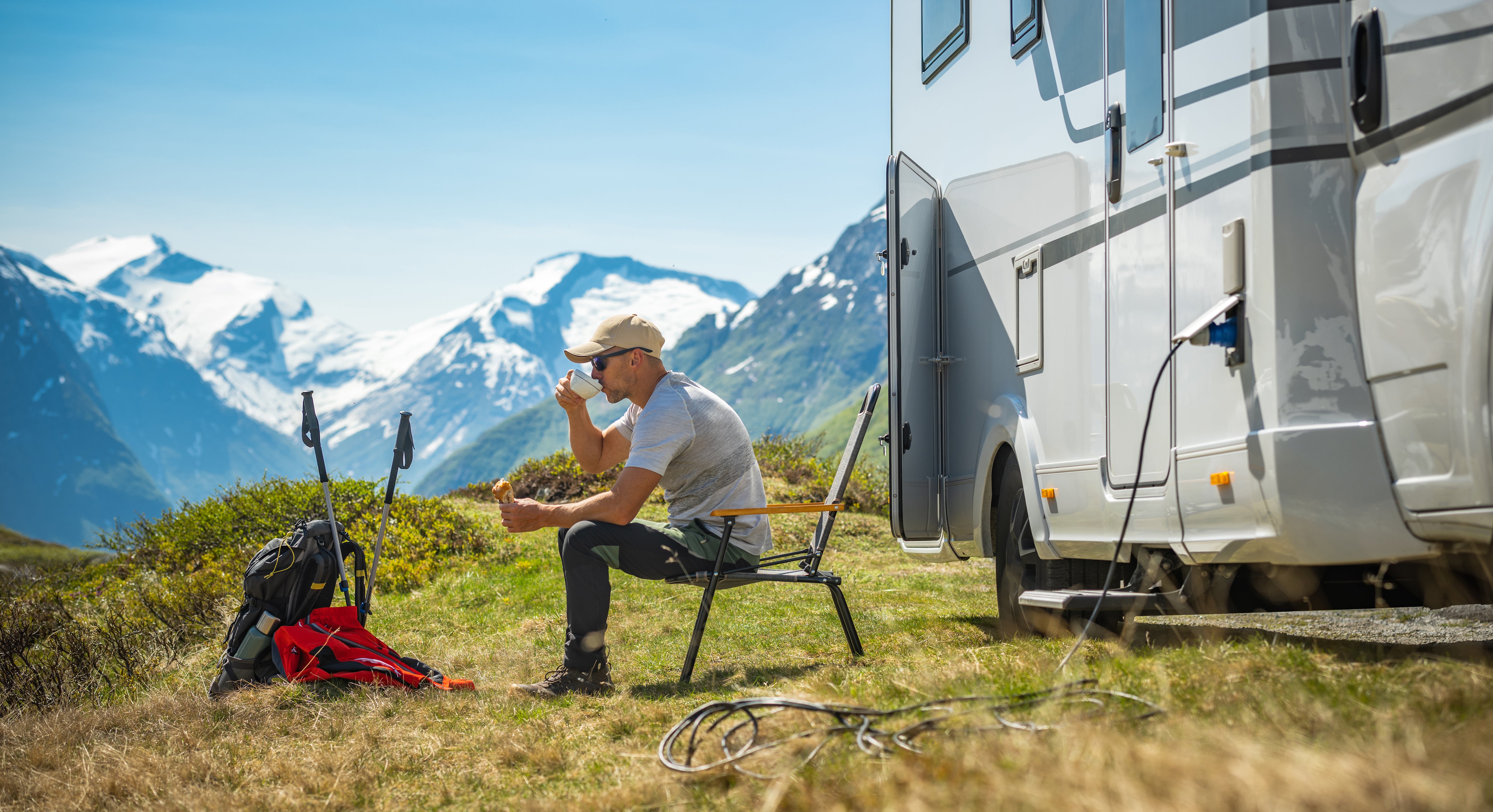Whether you're exploring remote campsites in your RV or enjoying the solitude of an off-grid anchorage, a portable generator can be a lifeline. These compact powerhouses ensure you won't be left in the dark, providing the energy to run essential appliances and enjoy the comforts of home while traveling. But with so many options on the market, choosing the right portable generator for your RV or boat can seem daunting. This complete guide will help you navigate the world of portable generators, ensuring you make the best decision for your power needs.
Understanding Generators: The Basics
- Power Output (Wattage): The most crucial factor is wattage. Determine the total wattage of all the devices you'll need to run simultaneously. Add a bit of a buffer (20%) for extra safety. Generators are rated in running watts (continuous power) and starting watts (the surge needed to start appliances).
- Fuel Type: Generators typically run on gasoline, propane, or diesel. Gasoline is readily available but less stable for long-term storage. Propane is cleaner-burning and stores well. Diesel generators are often the most fuel-efficient.
- Inverter vs. Conventional: Inverter generators produce cleaner, more stable power, ideal for sensitive electronics. Conventional generators are generally cheaper but can produce power fluctuations.
Generators for RVs
- Power Needs: Consider if you just want the basics (lights, a fan) or plan to run power-hungry appliances like air conditioners. A 3000-watt generator might suffice for smaller RVs, while larger units may need 5000 watts or more.
- Noise Levels: National parks and campgrounds often have noise restrictions. Look for generators with quiet technology.
- Features: Consider features like electric start, low fuel shutoff, and parallel capability (combining two generators for extra power).
Generators for Boats
- Marine-Specific: Choose marine-grade generators designed to handle the harsh saltwater environment.
- Size Considerations: Space is often limited on boats. Opt for compact, lightweight generators.
- Ventilation: Proper ventilation is crucial on boats to prevent carbon monoxide buildup. Make sure your generator has a safe exhaust system.
- Power Demands: Evaluate if you'll primarily power basic electronics or appliances like AC units or microwaves.
Additional Factors to Consider
- Runtime: How long does the generator run on a tank of fuel? Longer runtimes mean less frequent refueling.
- Weight and Portability: Consider weight if you need to move the generator frequently.
- Brand Reputation: Choose reliable brands with good customer support.
- Price: Generators range from budget-friendly to premium. Set a realistic budget based on your needs.
Making the Right Choice
Selecting the perfect portable generator for your RV or boat is an investment in your travel experience. By carefully assessing your power requirements, the environment where you'll be using it, and the features important to you, you can choose a generator that will keep you powered up on even the most remote adventures.
Remember, safety is paramount! Always operate your generator according to the manufacturer's instructions and ensure proper ventilation, especially in enclosed spaces like RVs or the cabins of boats.



